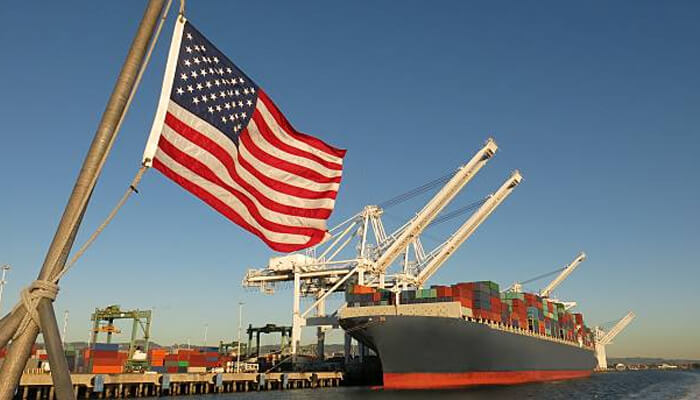

Nations that are interested in progress engage in trade. Trade enables these nations to benefit from the best technologies, products, and concepts from around the world while also allowing the rest of the globe to profit from those goods and ideas. Additionally, competition increases choice, lowers manufacturing costs, and fights inflation in all countries. However, the US trade policy is stagnant.
Although Donald Trump formed his political persona around a dislike of trade, using it as a paradigm for worker displacement, deindustrialization, and Washington indifference, this decline in U.S. trade dominance is not solely a Trump phenomenon. Obama likewise voiced ambivalence over trade, and despite all of the disagreements between Trump and Biden, the latter has not taken any action to reverse or scale back the tariffs Trump slapped on China. Biden has not demonstrated any desire to take the lead on commerce, in contrast to his coalition management in Ukraine or in the Quad.
One might argue that Biden is even more pro-trade than Trump, although having less loud vocabulary, as he has not embraced Trump’s proposal for a free trade pact with Kenya or sought any digital trade accords, as Trump has done with Japan.
What may the United States be able to give the paltry desire for trade movement? In this non-trade period, following the five components of a trade policy are listed.


In order to prevent claims of labor arbitrage, the U.S. should cooperate with markets that have developed economies and a high standard of living. No offshore job relocation.
The United States should cooperate with the bigger countries that will profit materially from deregulation in addition to having a high level of living. Major economies that fit this standard include the EU, Japan, the U.K., and the east Asian bloc formerly called as the Trans-Pacific Alliance.
Let’s negotiate in the opposite order from how things usually happen. The contract does not go into force until all the specifics have been worked out, which is the typical way. When time is on your advantage and you have years to spend slogging through the details of tiny things, this all-or-nothing strategy makes sense. An “early harvest” plan is what we really need.
We want to reduce economic disruption, even when negotiating with sophisticated economies. Divide the manufacturing liberalization into three phases: the first must result in zero tariffs on at least 50% of existing exports, the second must happen in three years, and the third must happen in five. In other words, everyone involved is allowed to give their more delicate sectors a maximum of five years to transition.
It is in the best interest of all parties, including the United States, for economies to become less reliant on China for trade. Both a political and economic boost would result from making it as simple as possible for such countries to cooperate.
Let us hope that USA revises the policy, and let the world be a better place for the smaller nations too.
The fintech revolution is transforming how the world thinks about money. At its core, it’s about using technology to make…
In an era where trust and transparency have become critical business differentiators, blockchain architecture offers unprecedented opportunities to reimagine operational…
The OPPO A3 is the ultimate smartphone for family entertainment, designed to keep everyone engaged with stunning visuals and uninterrupted…
When investors start following the share market, two names often stand out: Nifty and Sensex. These indices are used every…
The demands of a career can often be overwhelming. Professionals juggle long work hours, deadlines, and a long list of…
Displaced children represent education's most urgent frontier, with studies showing refugee youth are five times less likely to attend school…